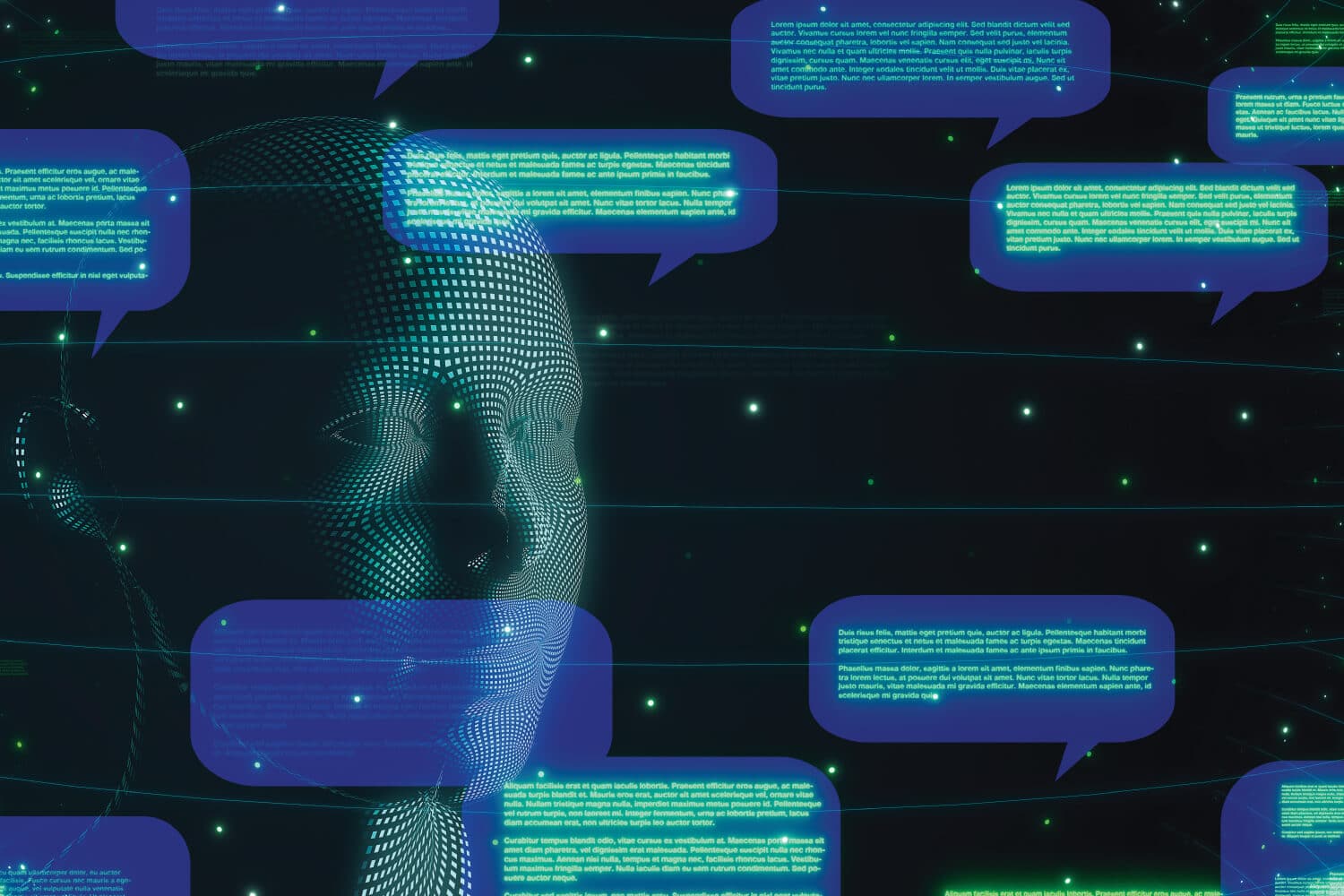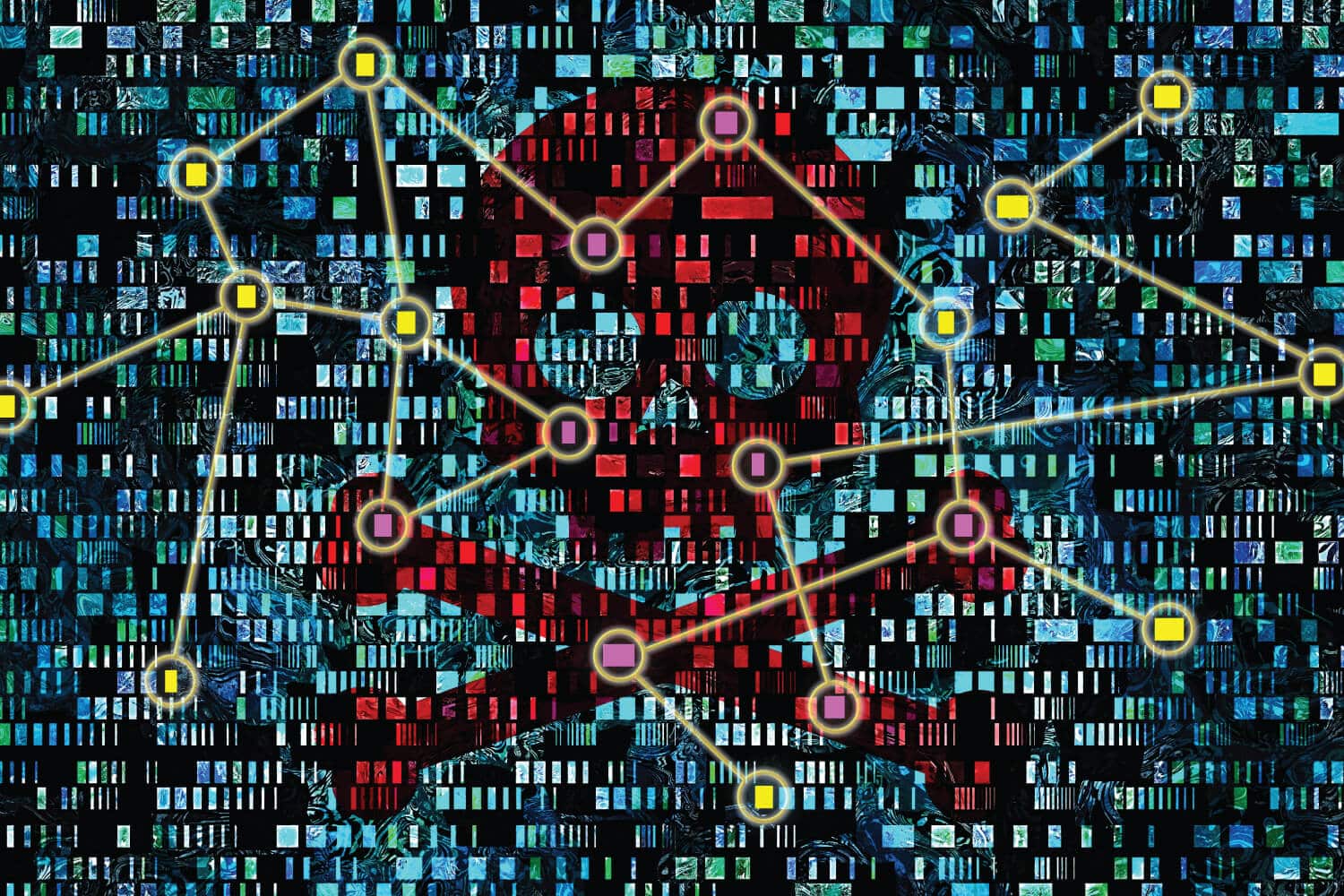Artificial Intelligence (AI) has quickly become a part of our everyday vocabulary and is increasingly prevalent in the workplace. Now, computers can perform tasks that typically rely solely on human intelligence. Through machine learning, AI can analyze vast amounts of data and make predictions and decisions based on patterns and algorithms. In doing so, AI will change the nature of work.
Changing the Way We Work
We’ve already seen self-checkout technology reduce the retail workforce, and AI-powered live chat is driving the customer support profession to extinction. Self-driven vehicles may completely change the transport industry, putting truck drivers and logistics workers out of business. Automated phone and scheduling services may also end the need for office administration staff.
Many other professions won’t be safe for long, either. Hospitals and pharmaceutical chains are using automated machines to replace human pharmacists. Surgeons are now competing with sophisticated surgical robots. Recently, a law algorithm obtained a 70 percent success rate when tested in thousands of cases.
Predictions are that AI will transform the global economy, affecting as high as 40 percent of jobs as we know them today. However, in all things where there is change, there are both negative and positive. AI in the workplace offers both and could potentially transform industries for the better.
Potential Benefits of AI Integration
Boost Efficiency and Productivity
One of AI’s key benefits is increased efficiency and productivity. According to the Nielsen Norman Group, user performance improved by 66% across three case studies. AI-powered systems can automate repetitive tasks, saving time and resources and allowing employees to focus on more strategic, complex work. For example, AI can optimize manufacturing production processes, reducing errors and increasing efficiency.
Improve Data Analyzation
AI integration will allow for quicker, improved decision-making since it can analyze large amounts of data and find trends and patterns that may not be apparent to humans. Using AI in the financial industry could mean an increase in the GDP by 7% since AI algorithms can analyze market data to make investment recommendations and help businesses make data-driven decisions that gain a competitive edge.
Skills and Training for the AI Workforce
AI is also initiating many new job opportunities for the next generation directly related to the AI field and several associated with IT, including computer support specialists and software developers, with nearly a half-million additional positions are expected in the next decade. Additional skill sets will be needed in coding, data analytics, and systems infrastructure.
The future AI job market demands both formal education and continuous learning. While it will necessitate educational institutions to offer AI-related courses and programs, AI’s rapid advancement will require lifelong learning, critical thinking skills, and ongoing development to stay updated in the field.
Ethical Considerations in AI Employment
The potential for bias is one of the key ethical considerations in AI algorithms. Since AI systems learn from data, biased or discriminatory data may perpetuate those biases in AI output. For example, an AI algorithm used in hiring could discriminate against certain demographic groups, so establishing diverse and unbiased datasets will be needed.
Data privacy and protection are other ethical considerations that AI could impact, leading to concerns about privacy and the security of personal information. It will be crucial to establish robust data protection policies that give individuals control over their personal data being used within AI systems.
The bottom line is that transparency and accountability will be important in using AI systems because they can be complex and challenging to understand. AI integration in employment will mean establishing fair, explainable, and ethically used systems.
The Future Outlook in the Age of AI
The job market will likely undergo significant changes as AI continues to advance. However, the job outlook depends greatly on the adoption and implementation of AI technologies. Businesses and policymakers will play a huge role in determining its inclusion in the workplace and, therefore, the extent to which it impacts jobs.
The future of work in the age of AI is dynamic and evolving. While there are concerns about job displacement, there are opportunities for new roles and job functions. Balancing automation and human-based labor will be essential to ensure a sustainable and inclusive workplace.
By embracing AI technologies and investing in skills development, individuals and organizations can navigate the changing work landscape and thrive in an AI-driven economy.
Fascinated by the possibilities of AI?
Whether you’re looking to streamline your IT operations, embark on new IT projects, or need assistance with procurement, our team is ready to elevate your business with cutting-edge solutions. Don’t let the potential of AI and digital transformation pass you by.
Contact us today to discover how we can help your business thrive in the era of AI.



